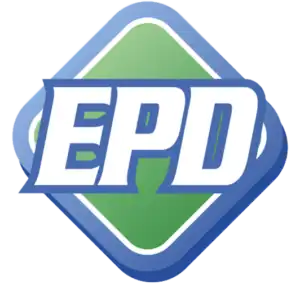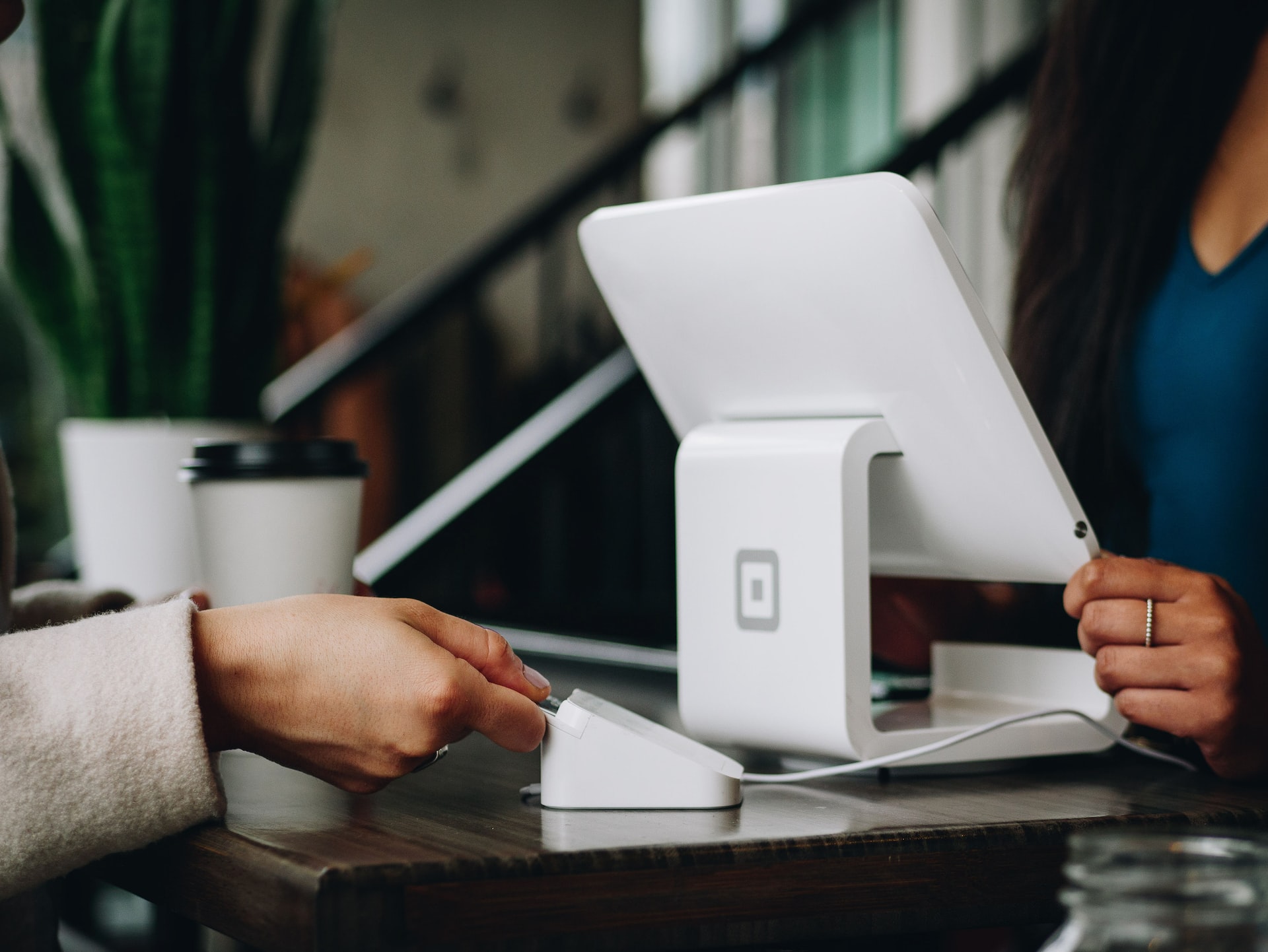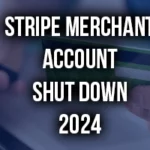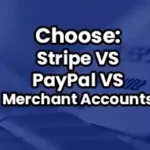It’s the 21st century, and paper checks are becoming passe. You still receive paper checks when opening a checking account, but increasingly, more individuals and businesses are turning to electronic payment methods.
That’s where the echeck comes in. Echeck payments are the modern way to pay for practically anything.
An echeck is the electronic version of a traditional paper check. Electronic checks or direct debits are two additional terms for echecks. They all refer to a secure payment method used by both consumers and businesses.
ACH payments are similar, but they work differently.
How Do eCheck Payments Work?
Echecks work similarly to how paper checks do, but the process is much faster and more efficient. Funds are withdrawn from the payer’s checking account, an ACH transfer takes place, and the money is deposited into the payee’s checking account.
What is the Automated Clearing House?
The Automated Clearing House (ACH) is a network serving financial institutions as an electronic funds payment system. Since 1974, NACHA – formerly known as the National Automated Clearing House Association – has run ACH. It is the same system used by the U.S. Federal Reserve.
The ACH network processes direct payments and direct deposits.
How Many ACH Transfers Take Place Annually?
In 2020, about $62 trillion went through the ACH system. That’s an increase of about 15% from the previous year.
As echeck payment use increases, that number will only continue to grow.
How Does the ACH Work?
Banks and other financial institutions use the ACH network batch processing system to aggregate transactions for processing. This aggregation takes place three times during business days.
ACH transfers are reversible.
What is Electronic Funds Transfer?
Electronic funds transfer, or EFT, refers to various types of electronic payments. Basically, with an EFT money moves digitally from one bank to another. Besides eChecks, ETFs include:
- ATM transfers
- Credit card transactions
- Direct deposit
- Phone payments
- Wire transfers
How is ACH different from EFT?
ACH is just one type of EFT, as the latter refers to any kind of digital financial transaction. Because there is such a wide range of EFTs, businesses must determine which ones best meet their needs.
How do I Pay with an eCheck?
Before you can make an echeck payment, the payee sends an online payment form or fills out a form on the payee’s website. After filling in your bank account number, routing number, and payment amount, click submit on the online payment form for payment authorization.
How do I Get an eCheck?
Virtually all financial institutions offering a checking account offer echecks.
Is it Safe to Pay with an eCheck?
Paying with an electronic check is actually safer than paying with a paper check. In fact, it is safer than making credit or debit card payments. There is less risk of fraud with echecks because of the encryption used, including time-stamped digital signatures.
What Kinds of Payments can I Make with eChecks?
You can make any type of payment for which you can use a paper check – and more. That includes your credit card payments and other online payments, mortgage payments, monthly rent, car payments, and utility payments. If you are making payments on any item, you can make them with an electronic check.
A business owner can use electronic check payments to pay vendors as well as receive payments from customers.
Are eChecks Good for Recurring Payments?
Echecks are especially useful for recurring payments. Increase your on-time payments with ACH recurring billing for both personal and business purposes. For instance, a tenant’s checking account can send an echeck automatically for the monthly rent.
What are eCheck Processing Fees?
Echeck processing fees are lower than those for credit card payment processing. On average, echeck processing fees are less than half of the cost of paper check processing fees.
What are the Advantages of Paying with an eCheck?
Electronic check processing is faster than paper check payment processing. Depositing a paper check at the bank takes time, and processing and hold times are longer. Echeck processing time is considerably shorter because funds are deposited digitally, and there is no manual work involved.
Expect echeck transactions to take between three and five business days for completion. Confirmation of the electronic payment depends on if the payer has sufficient funds in their checking account.
Note that, like paper checks, banks only process electronic checks on business days, not weekends or holidays
Exactly how quickly electronic check processing takes place also depends on factors such as your payment processor and issuing financial institutions.
Do Electronic Checks Help the Environment?
Paying with an electronic check is more environmentally friendly. Because there is no physical document, there is no paper waste with an echeck as there is with a standard paper check. There is no need for printing and postage, so that’s another way businesses and individuals can save money.
Can Accepting eCheck Transactions Boost Revenue?
Yes, accepting echeck payments can boost your company’s revenue. There are some customers who prefer to pay this way. Unlike credit cards, they are less likely to leave a customer vulnerable to identity theft.
Can Offering Electronic Check Payments Attract New Customers?
There are also many people who do not have credit cards but have checking accounts. Using echecks gives them another payment method besides paper checks, a debit card, or cash. When you accept echeck payments, you broaden your customer base.
The more types of payments you accept, the more options customers have from which to choose.
Are eCheck Transactions Secure?
Echecks are more than a secure way for customers to pay. Because an ACH transaction uses state-of-the-art encryption methods, there is less potential for fraud than with a credit card payment. With echecks, chargebacks are relatively rare.
How do I Get a Merchant Account for Electronic Check Payment Processing?
Get a merchant account for echeck processing the same way you would get a payment processor for credit cards.
Contact a merchant services provider, such as Easy Pay Direct. Fill out our online form to open a merchant account easily and quickly.
How Does eCheck Processing Work?
A small business that wants to accept echecks must first get the customer’s checking account number and bank routing number. Your website should have a secure form for the customer to submit this information. It is also possible to receive this information by a recorded phone call, signed order form, or in person.
As with paper checks, the customer must include the payment amount and authorize the echeck payment.
Once the merchant receives this information, their bank account communicates with the customer’s bank account via the Automated Clearing House network. Merchants can also use ACH to set up recurring payments, as we mentioned previously.
How Easy Pay Direct Can Help
Easy Pay Direct offers an ACH merchant account so you can accept ACH payments either online or at a POS terminal. Our payment software allows merchants to accept not only debit and credit cards but gives business owners the ability to accept echecks. We offer the easiest ways to accept payments!
On average, a small business bank account pays $1.22 to cash a paper check. At Easy Pay Direct, each electronic check transaction is just $0.65. The echeck transaction savings add up quickly.
Easy Pay Direct offers excellent customer support. Approvals are fast, so echeck payments can start right away.
Get started now by visiting our website or calling us at 800.805.4949.










